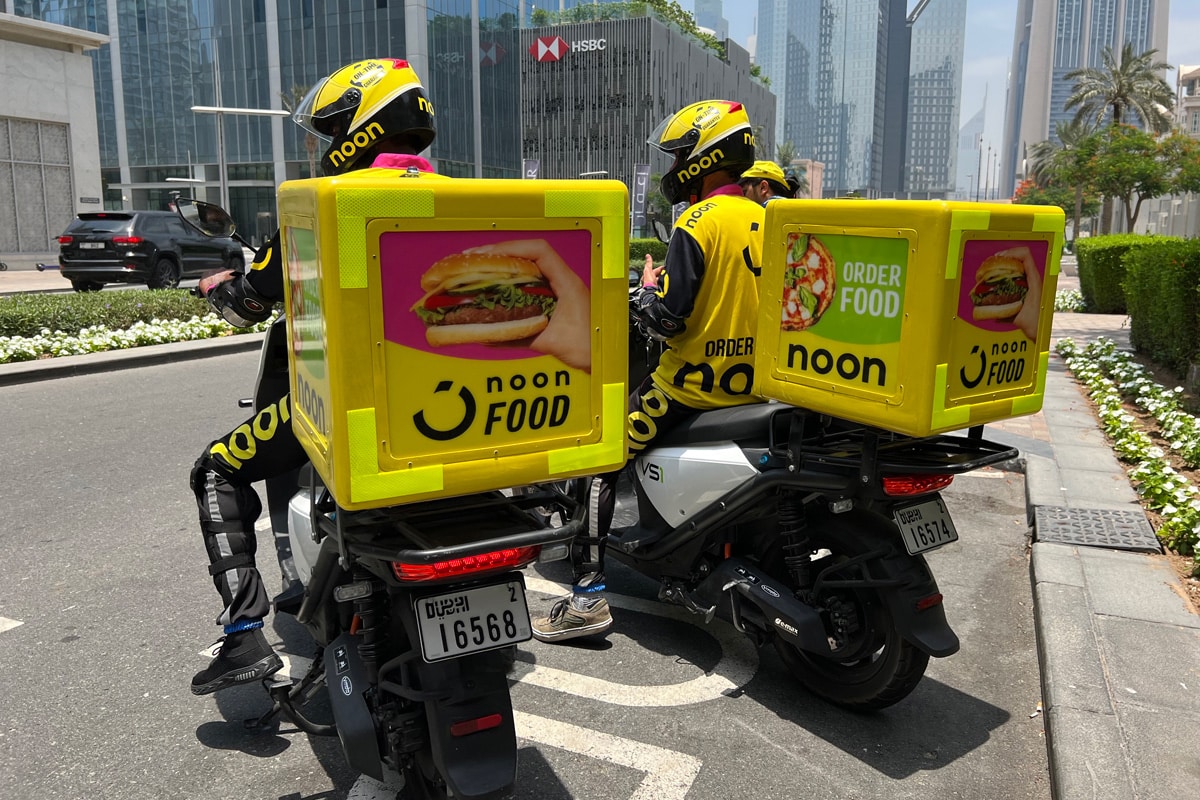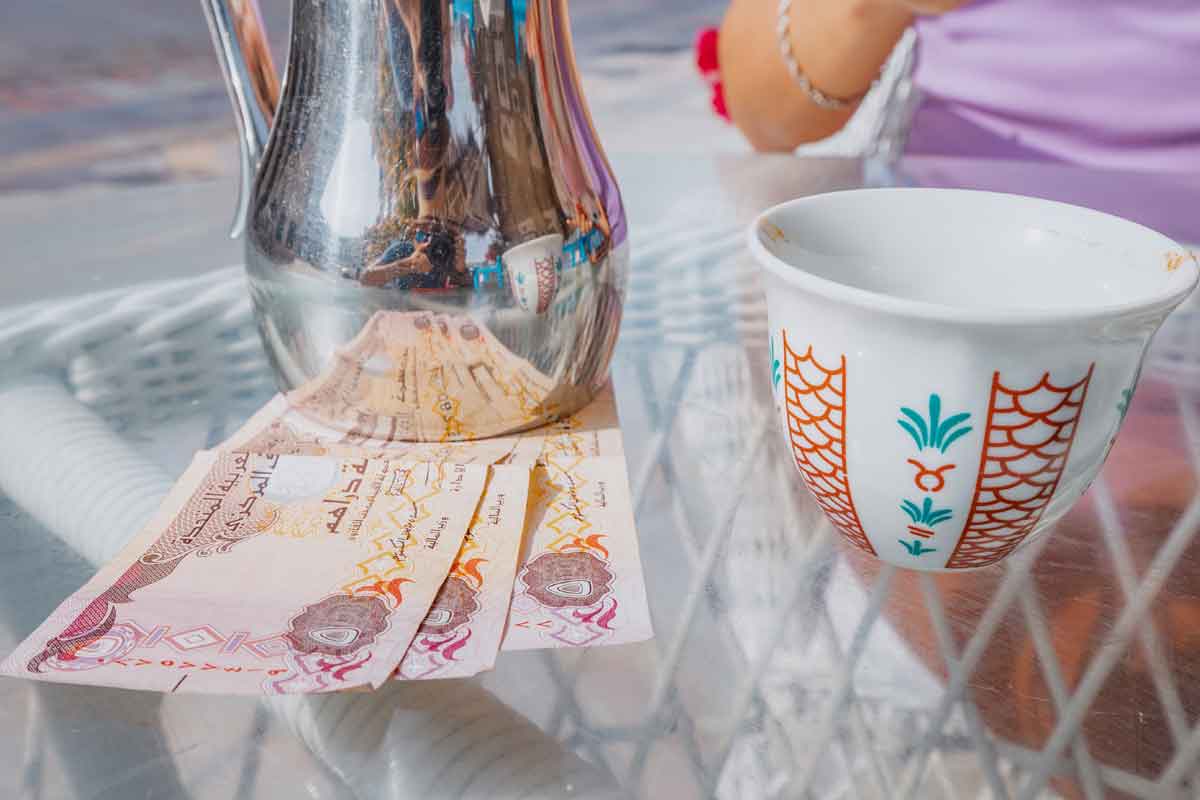As tourism rates rise and residents continue to indulge in the vast service industry in Dubai including hospitality, transport, online food orders and more, the practice of tipping is common. Despite the widespread practice, there is no definitive tipping rule in the city. This prompts the question: How much should you tip in Dubai?
Unlike some Western countries, tipping in Dubai is not obligatory. Salaries in the service industry are typically set by law, and restaurants often include a service charge in the bill.
“While tips are not expected as a norm, it becomes customary if the service surpasses expectations, especially when the staff goes above and beyond to assist customers. Tipping in the UAE is often considered cultural, and the decision to tip depends on individual customers,” Etiquette expert, Samira Hammadi said in an exclusive interview with Arabian Business.
She describes it as an “unwritten rule”, at restaurants for instance the rate is common between 10 percent to 15 percent of the total bill. However, this is mostly subjective based on “customer satisfaction.”
“It is customary to round up the bill or leave a little extra if the service is outstanding,” Hammadi added.
When to tip and how much?
At restaurants, on a bill with no service charge, it is generally customary to tip up to 15 percent, provided the service is satisfactory. Rounding up to the nearest 10 to 20 Dirhams is suggested for smaller orders.
“In cafes and casual dining establishments, the practice is similar. While tipping is not mandatory, it is appreciated. The same percentage range of 10 percent to 15 percent can be applied, especially if the service is exceptional. The practice is generally consistent across various types of dining establishments,” Hammadi explained.
According to Hammadi, the traditional service charge has been banned in the UAE and bills include tourism fee, municipality fee, and VAT. However, in certain establishments, service charges are still included.
“Private-owned outlets are not allowed to include service charges. In these cases, leaving an additional tip is customary, particularly for excellent service,” she explained.
Online food ordering apps such as Careem Food, Noon Food, Talabat, and Deliveroo have a pre-determined tipping scale available for customers to choose from upon check-out. The apps make sure to clarify that the tips go directly to the delivery riders.

“100 percent of the top will go to the rider,” the Noon app says with the pre-set tip amounts ranging from AED1 to AED5 and a section for custom amounts. According to the app, AED3 is the most popular tip amount.
Hotel staff, bellhops, concierge tips
Within this industry, similar etiquette rules apply. While tipping is customary, it is not obligatory.
Hammadi suggests tipping bellhops based on the number of bags they assist with, leaving a small tip for housekeeping is also considered customary.
“For concierge services, tipping can depend on the complexity and extent of the assistance provided. Tipping is usually based on the customer discretion and the quality of service received,” she said.
Taxi tips
Tipping taxi drivers is not common practice, the final amounts paid are usually that which reflects on the meter. However, it is common to round up a fair amount or leave a small tip “as a gesture of gratitude, especially for drivers with minimum salaries. The amount can vary, but a modest tip is generally appreciated.”
“Tipping in taxis and transportation services is not expected but is often appreciated,” Hammadi noted.

Discouraged tipping scenarios
While tipping is mostly encouraged and appreciated, there are situations where tipping can be “frowned upon” and is generally discouraged. For instance, tipping government officials, police officers and public service personnel is commonly discouraged.
Cultural factors also play a key role in the acceptance and offering of tips, it is crucial to be aware of this, especially in multi-cultural hubs like Dubai.
“Similarly, it is not common to tip medical staff in hospitals or clinics. Additionally, tipping in retail stores or supermarkets is not common and might be considered unusual. It is crucial to be aware of cultural nuances and local norms to avoid any potential misunderstandings. In such cases, a polite thank you is often more appropriate than a monetary tip,” she said.
Cultural factors and customs
Dubai is a global hub with a vast expat population from different cultural backgrounds, it is especially important to be aware of cultural nuances in such scenarios.
“It is also customary to tip in cash, as some establishments may not have the option to add a tip to card payments. Additionally, tipping is seen as a gesture of gratitude, so it’s given with a friendly and appreciative attitude,” Hammadi concluded.









